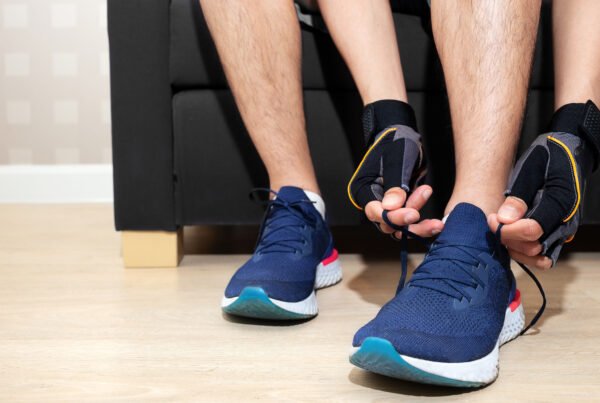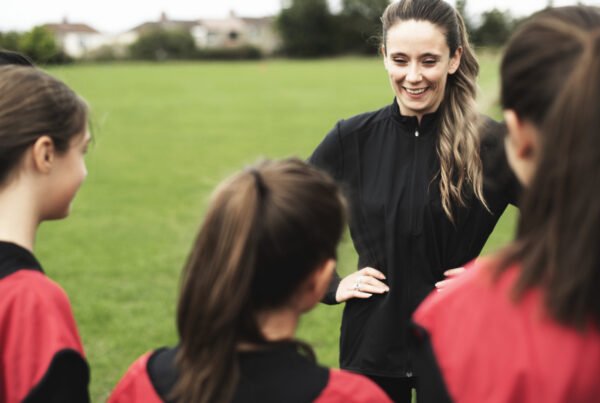Abstract
This report provides a description of how community sports clubs have adapted to the restrictions imposed during the Covid-19 crisis. It is based on interviews with representatives of 13 clubs in England and Scotland conducted in late July and early August 2020. It looks at the financial impact on clubs, the impact on volunteers and membership, how the clubs adapted including through technological innovations, the role of national governing bodies, and the impact of assessments of risk. Towards the end it provides recommendations for sports clubs moving forward.
Methodology
Telephone interviews were conducted with representatives of 13 clubs. Clubs were sampled to give a range of those which own facilities and those which lease or rent them; close contact sports and ones where participation can be distanced; and indoor and outdoor sports. The clubs were: badminton, bowls, football, golf, gymnastics, hockey, mountaineering, riding for the disabled, rugby, swimming, squash, tennis, and yachting. Interviews were recorded and the research team reviewed them to agree the themes running through them.
Key Findings
The financial impact on clubs varied considerably according to their individual circumstances. Worst affected were those with the largest turnover and which owned or leased a facility they had to maintain. Volunteer numbers and effort was sustained despite the challenges, but there is a danger of volunteer burnout due to the extra work taken on by the same individuals. Examples of adaptations included rugby adopting a low-contact version, and new booking systems for golf and tennis to minimise contact. An important consideration is how close adaptations were to the original sport and whether it would satisfy participants. Technological innovations like zoom were important for providing social events for members and attending meetings. The importance of social bonds is vital for maintaining the rewards of membership in the absence/adaptation of the sport. Guidance from national governing bodies proved valuable, but these bodies and the sport clubs had to deal with a large degree of uncertainty with regular changes and modifications to the risk assessments.
Interpretation
: The report illustrates the variety in the extent to which different sports have been impacted by the Coronavirus. Some sports, for example mountaineering, have fared far better than others which have had to lease/maintain facilities or experience large turnover, for example gymnastics. With regards to effective adaptation, it is hard to generalise across all sports and the report provides varied examples of innovative ways particular sports have adapted. Moving forward, it is important for policymakers to be aware of these differences and have a tailored strategic approach that acknowledges the variety of needs across different sports. Sport clubs would benefit greatly from more clarity regarding risk assessment guidance from national governing bodies, although this can be hard to achieve in times of such uncertainty.




